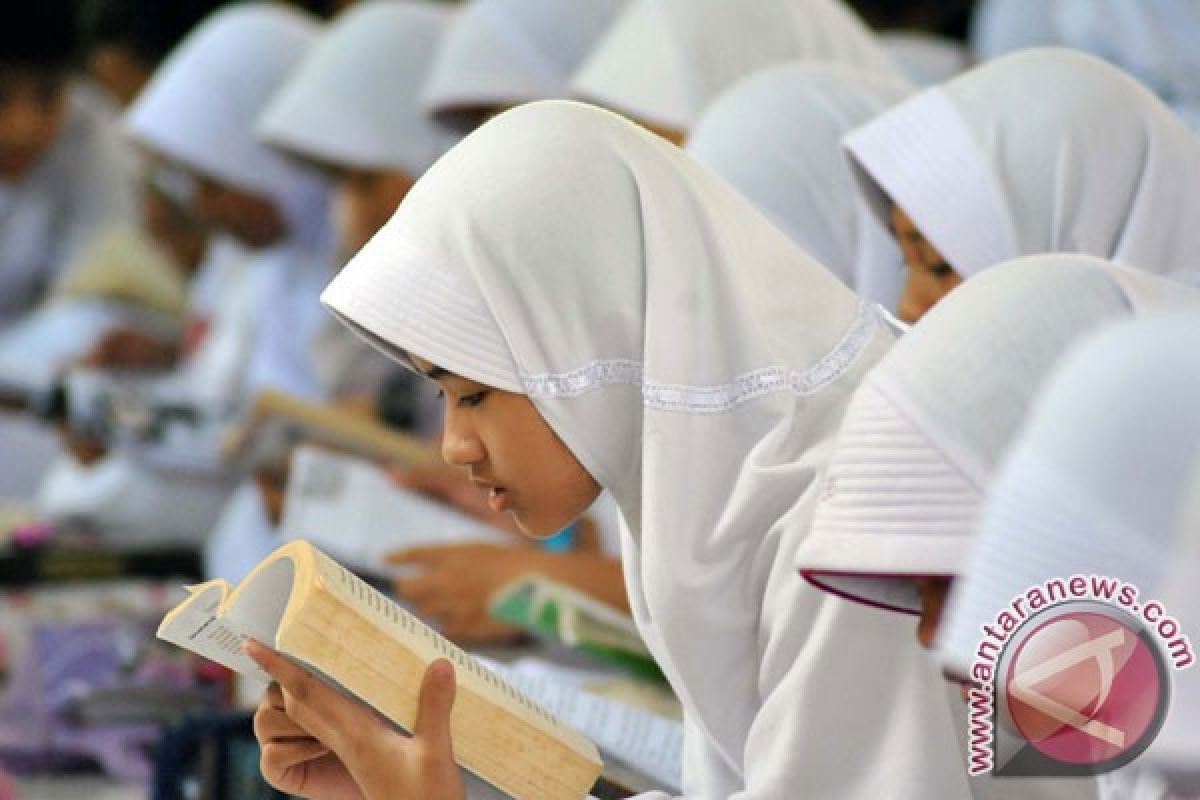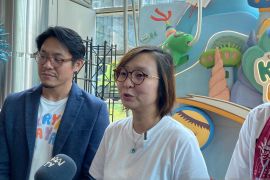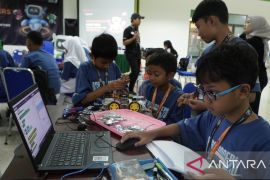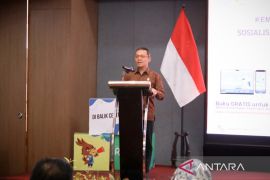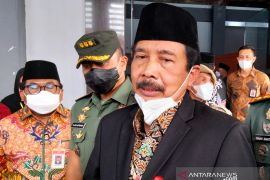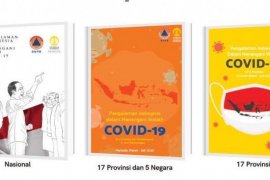Among ASEAN member countries, Indonesia is the least literate with Singapore ranked the 36th, Malaysia the 53rd and Thailand the 59th.
Indonesias low interest in reading is contrary to its interest in using internet. The country is the sixth largest in the world in number of internet users. In 2017 a market research agency , e-Marketer, estimated there were 112 million netizens in Indonesia outnumbered those in Japan, where the number of internet users grew slower.
The website of statista.com said five social media used most by Indonesian netizens are Facebook, Instagram, Twitter, Path, and Google+. The number of Facebook users in Indonesia is the fourth largest in the world after India , the third with 195.16 million users, the United States with 191.3 million users and Brazil with 90.11 million users.
The easy access to information and the speed of flow of information through internet have made Indonesian people less interested in reading books. "Our people become to lose interest in reading newspapers , books and other printed matters. The result is sluggish improvement in our literacy," literacy campaigner and founder of Urban Women Book Club Nathalie Indry said. Another factor causing less interest in reading books among the Indonesian people is limited access to books notably in isolated areas.
Inge Tumiwa Bachrens, the writer of "Eating clean" on public interest in reading books in Belitung, said, "although a museum has been built by popular writer Andrea Hirata, most people on that island especially school children have no library with quality books to read."
Library is not yet seen as a priority by the people and the library of regional administration has few visitors partly because of the limited availability of new books in the library. The library has only old and outdated books. The interest in reading, therefore, is slow to grow, as culture is not developed toward reading culture, Inge said.
Data at the Indonesian Association of Publishers (IKAPI) showed that in 2012, there were 18,000 books in title up to 30,000 titles in 2014. The numbers are not proportional with the countrys 250 million population, the 4th largest in the world.
Many people have expressed concern with the slow growth of reading culture in the country as a result of the growing interest in internet. Nathalie Indry and Inge Tumiwa Bachrens, have tried to cope with the problem in their respective ways.
Indry has since 2012 worked together with a radio station in a Program of V Book Club trying to introduce books as part of life style. In addition, together with non profit community of "Urban Women Book Club", Indry called on all Indonesian women to seriously address the problem and show concern with the decline in interest of reading books in urban areas as a result of the easier access to internet information.
"We also accept and welcome the advancing information technology. We even use internet in communications with other writers all over the country making use of social media services, but our mission is to spread and to revive the spirit of giving time for books," she said.
A number of female activists of writer community contributed free books for the people in their literacy campaign. They even visits areas carrying books to be given free to the people in certain areas, hoping to develop interest in reading.
"In discussions with the people we raised topics of contemporary issues of interest to them," Indry said, adding, "It is time for our people to develop the reading culture and rid themselves from being besieged by hoaxes."
Meanwhile, Director General of Informatics Application of the Communications and Informatics Ministry Samuel Abrijani Pangerapan said less literate people tend to be easily cheated by hoaxes or false information.
"A survey showed that Indonesian people believe in 65 percent of internet information. This is bad. The percentage is quite high in comparison with people in many other countries," Samuel said in a session of dialog on "World Press Freedom Day 2017" here on Monday.
He said in countries of high literacy the belief in internet information is low as better educated people tend not to take anything for granted.
Based on the survey, well educated people, before taking any information as true, would first look for confirmation from other sources such as book, he said.
Through internet anyone could claim to be anybody or anything, he said, adding internet users, therefore, need to learn how to control emotion and think maturely.
"Apart from controlling emotion, we have to be able to restrain ourselves from spreading information which we could not guarantee its validity . There is a law against spreading false information. To be safe, we better just skip information that contains propaganda.
(AS/a014)
(H-ASG/A014)
Reporter: Zita Meirina/A. Saragih
Editor: Jafar M Sidik
Copyright © ANTARA 2017
